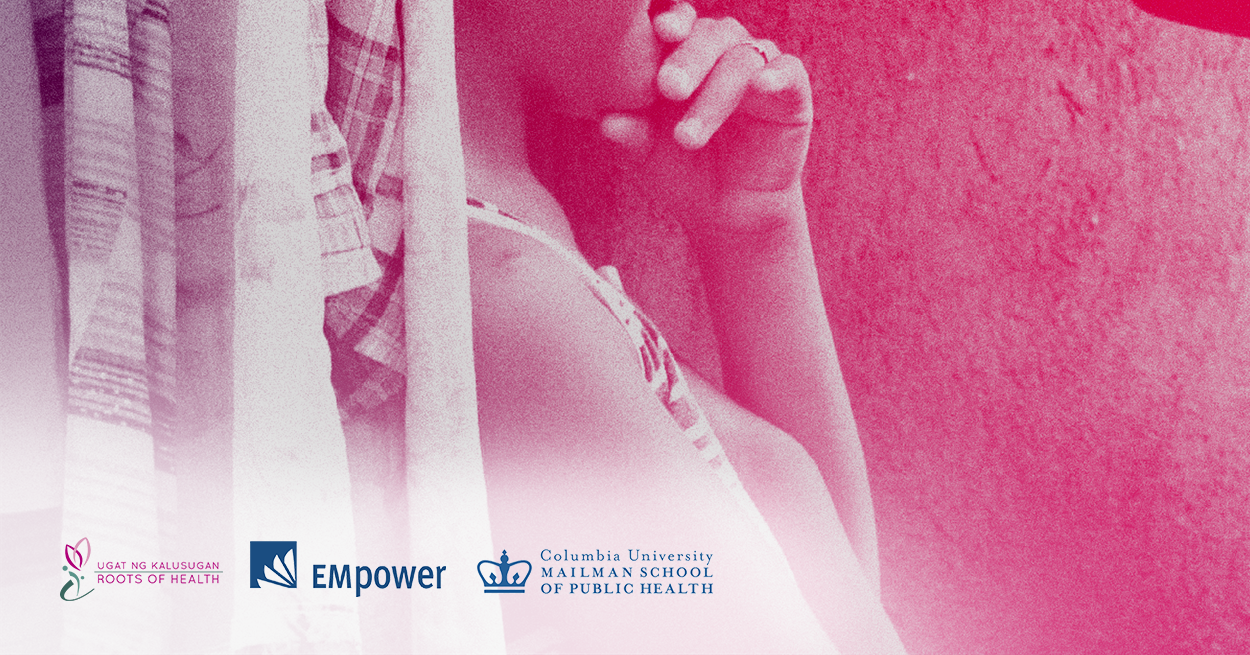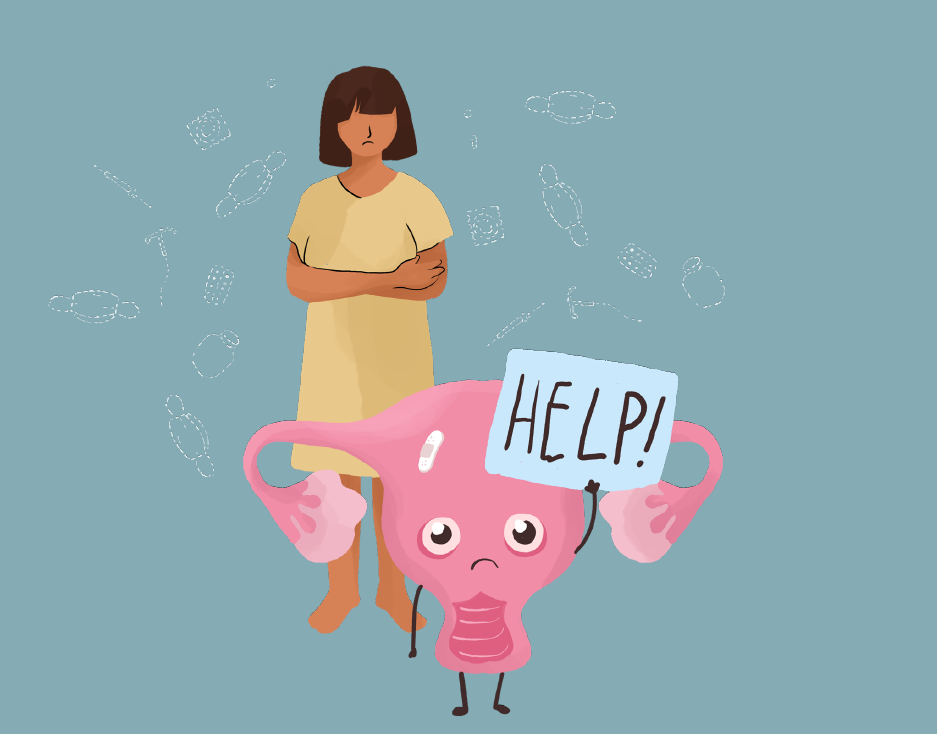Diane Santos’* then partner advised her to jump a couple of times and drink plenty of water after sex to expel sperm. She did what she was told. Unexpectedly for her, however, she still got pregnant. Diane was one of the 119 girls Roots of Health selected to participate in a research project to assess contextual factors associated with teen pregnancy in Palawan, Philippines. She was later on selected again
30
Jul 2021
Check Out Our New YouTube Channel!
As our health systems continue the fight against COVID-19, young people remain vulnerable to increased reproductive health risks such as teen pregnancy and sexually transmitted infections. Unfortunately, schools are still closed and we are still unable to reach young people through their classrooms. Despite limitations on physical movement, Roots of Health remains committed to providing high-quality, non-judgmental comprehensive sexuality education to young people. That’s why we recently launched our new
09
Jul 2021
Roots of Health Launches Guide on Providing Continued Reproductive Health Services During COVID-19
by Romar Miranda Puerto Princesa City, Palawan, PHILIPPINES―In an effort to help address the reproductive health disparities and vulnerabilities that women and young people face during the COVID-19 pandemic, Roots of Health (ROH), in partnership with WomenStrong International, is launching its Learning Product, “Communities, Contraceptives and COVID-19: Ensuring Continued Access to Reproductive Health Services in the New Normal” on Friday, July 9, 2021. The Learning Product was ROH’s brainchild after
29
Aug 2012
2011 Annual Report
The Roots of Health Annual Report for 2011 details all of our priorities, programs, financial summaries and impact of our work.
06
Aug 2012
Groups Supporting the RH Bill
Curious as to just how many groups support the RH Bill? From government and health groups to religious and business groups, almost everyone can see the benefit of a bill that helps poor women.
If you have heard any of the RH Bill debates you'll have heard many contradictory arguments. The University of the Philippines recently brought together experts from a range of fields to debate the subjects of cancer, conception and contraceptives. Here are there findings.







